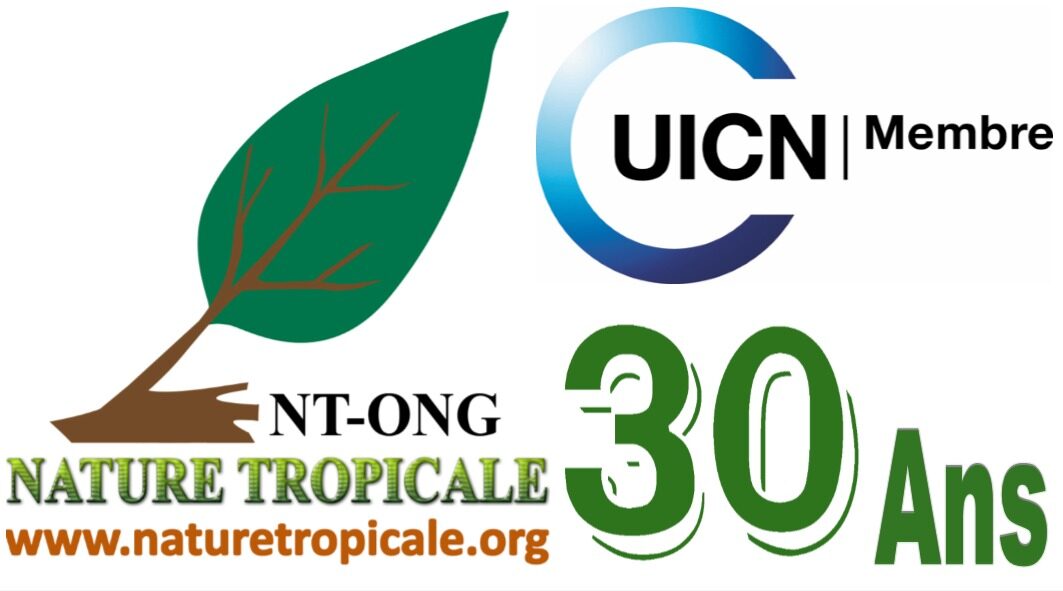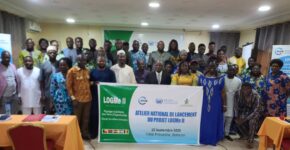[ad_1]
Editor’s Note: Holly Thomas is a writer and editor based in London. She is morning editor at Katie Couric Media. She tweets @HolstaT. The opinions expressed in this commentary are solely those of the author. View more opinion on CNN.
CNN
—
In my early 20s, I agreed to accompany a man on a cruise to Iceland on a whim. At the 11th hour, I wavered. I wasn’t romantically interested in him, and it occurred to me, embarrassingly late in the day, that embarking on such a trip might constitute a mixed signal. I vacillated and sent awkward, non-committal responses to his messages. To his credit, he called me on it. “Just say you’re not interested,” he said. “I can take it.”

On the face of it, my behavior looks like the product of an outsized ego twinned with immature cowardice. That’s not super off the mark, but there is more to it. This man cleaned up my mess, but more importantly, he received the brush-off like a mensch. In my experience to date, this was rare, and on some level, I’d anticipated a much worse outcome.
While ineffective decision-making is my own cross to bear, the anxiety that informed it in this instance is a symptom of a problem that runs far deeper. People, on the whole, cope poorly with romantic rejection. In some cases, the hurt can linger for years — and research has shown that men who are turned down by women who they’d anticipated sexual relations with are more likely to become aggressive in response. Yet despite the pain and worry that rejection so often causes both those on the receiving end and those dishing it out, we receive little to no training on how to handle it.
Enter New Zealand. The nation’s Love Better campaign, which launched last week with financial backing from the government’s Ministry of Social Development, aims to help young people recover from breakups and build resilience. The campaign includes a dedicated phone, text or email helpline run by Youthline, an organization dedicated to supporting people ages 12 to 24.
It’s part of a broader strategy to help eliminate family and sexual violence, and it follows a survey of 1,200 16-24-year-olds, 68% of whom reported experiences encompassing self-harm, substance abuse, risky sexual behaviors and violence and coercion following rejection. Given the breadth of the potential damage, it’s wild that campaigns like these aren’t ubiquitous in other countries as well — and that age-appropriate relationship education isn’t prioritized earlier. At the very least, it would improve our collective mental health. At most, it might save lives.
Much of the last decade has been spent discussing the importance of consent, but far less is spoken about how to respond when that consent is refused. The shadows of collateral damage linger everywhere. In London, where I live, posters in pub toilets tell people to “ask for Angela” at the bar if they’re uncomfortable on a date, but feel unable to extricate themselves safely. The nationwide campaign, which began in Lincolnshire in 2016, inspired an American copycat, the “Angel Shot” initiative.
Too often, responses to rejection appear steeped in the presumption that it is intolerable. For some, the obvious recourse is to undo it. In 2017, a man in Bristol, England, went viral for attempting to win back his girlfriend with around-the-clock piano recital he performed in a public park. For someone apparently in love, he’d devoted remarkably little thought to the embarrassment and pressure this display would impose on his beloved. “Men, women are allowed to leave you. You are not entitled to a girlfriend,” writer Sian Norris tweeted in response to an article about his efforts.
On the most malignant end of the spectrum, that sense of entitlement coupled with rejection can prove deadly. In 2021, Alek Minassian was found guilty of 10 counts of first-degree murder and 16 counts of attempted murder in connection to a 2018 van attack in Toronto. Minassian identified with the misogynistic “incel” movement — an online community of mainly young men who self-describe as “involuntarily celibate.” Minassian appealed his conviction in 2022.
Shortly before the slaughter, Minassian had allegedly posted a message on Facebook, in which he praised the murderer Elliot Rodger. Rodger, 22, killed six people before turning a gun on himself in California in 2014. In a journal he’d kept in the years prior, Rodger had written: “If I still have to suffer the same rejection and injustice even after I move to Santa Barbara… I will have my vengeance.” He described his rage when “hot blonde girls” didn’t smile back at him. “Those girls deserved to be dumped in boiling water for the crime of not giving me the attention and adoration I so rightfully deserve!” he fumed.
Such extreme examples are just the tip of a behemoth iceberg. Incel forums brim with lonely men who perpetuate the idea that they’ve lost the genetic lottery and that life is stacked against them. These sad, perverse corners of the internet actively discourage any positive reframing, and thoughts of violence — both toward others and themselves — are encouraged. A 2022 study found that 75% of incels questioned were moderately to severely depressed, and as its lead author noted, “particularly averse to seeking help from mental health professions.” Of course they are — their philosophy is rooted in the idea that they are powerless over their fate.
Formative experiences of rejection reverberate in adulthood, and a pessimist would suggest things are capable of getting worse. Raised, as they have been, in a world of instant gratification, it’d be reasonable to estimate that today’s kids are less equipped to cope when gratification isn’t forthcoming. Couple that with a social media environment that encourages performative, idealized representations of everyone’s lives, and rejection is primed to sting more than ever. Whether that pain is internalized or externalized, someone ends up hurting.
The $4 million New Zealand’s government is spending on Love Better is a drop in the ocean set against the harm that may be avoided if even a few young people are left with a sense of positive agency over their actions and responses. The knowledge that their self-esteem needn’t hinge on how attractive a particular person finds them could make them not just happier, but safer. Imagine a generation learning to express its feelings respectfully, without fear of recrimination. As the campaign’s inaugural video says, “Breakups suck.” Our behavior doesn’t have to.
[ad_2]
Source link











